How Much Does It Cost to Convert an Old Car to EV?
By Sebastian Orellana
Updated Feb 17, 2024
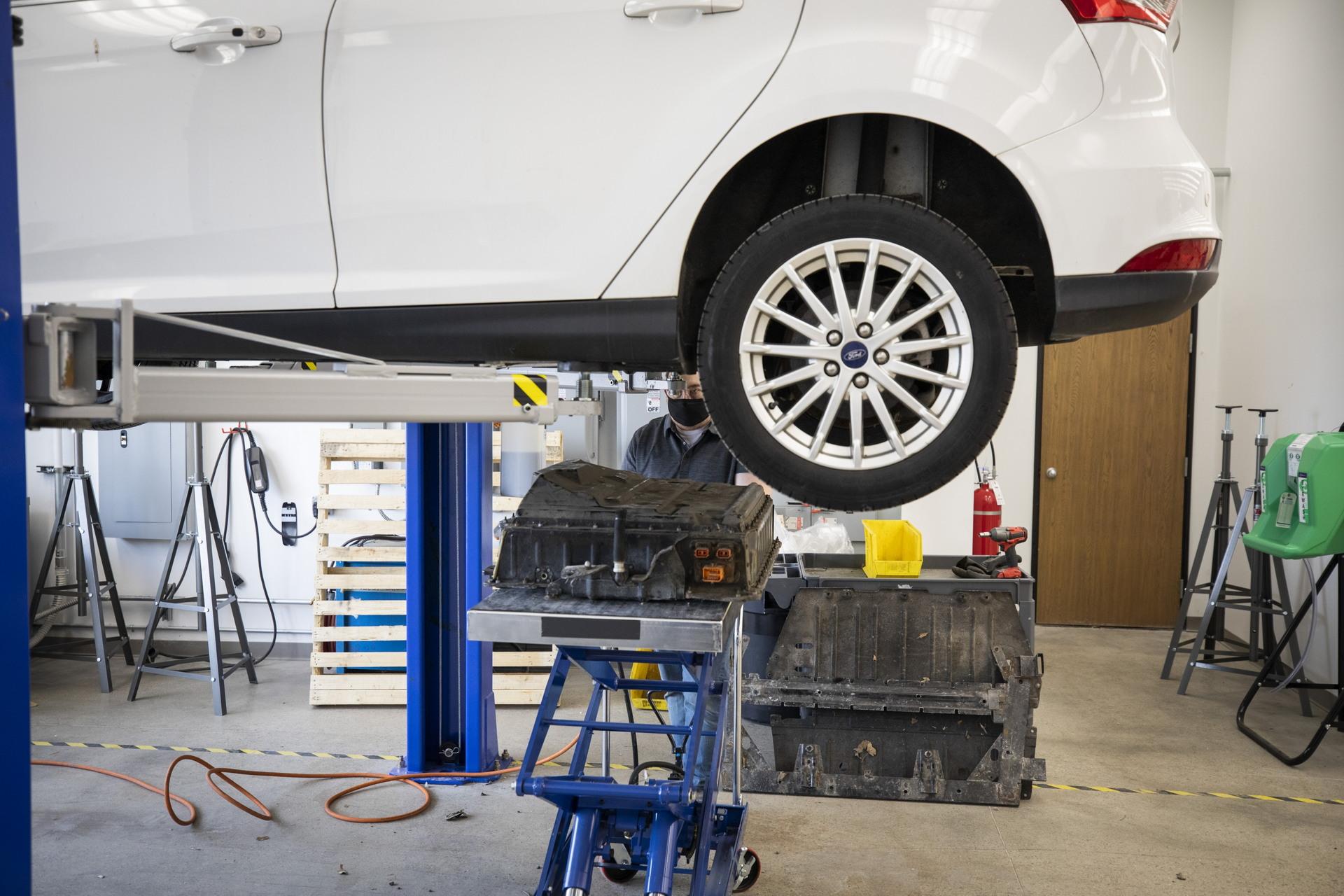
Electric vehicles (EVs) are becoming increasingly popular as an environmentally friendly alternative to petrol-powered cars. However, converting an old car to EV can be expensive and complex. This paper will explore the cost of converting an old car to an EV, including the necessary components, labor costs, and other associated expenses.
Table of Contents
READ: Cost Comparison: DIY EV Conversion Kits Vs. Professional Installation
The Benefits of Converting Your Car to Electric
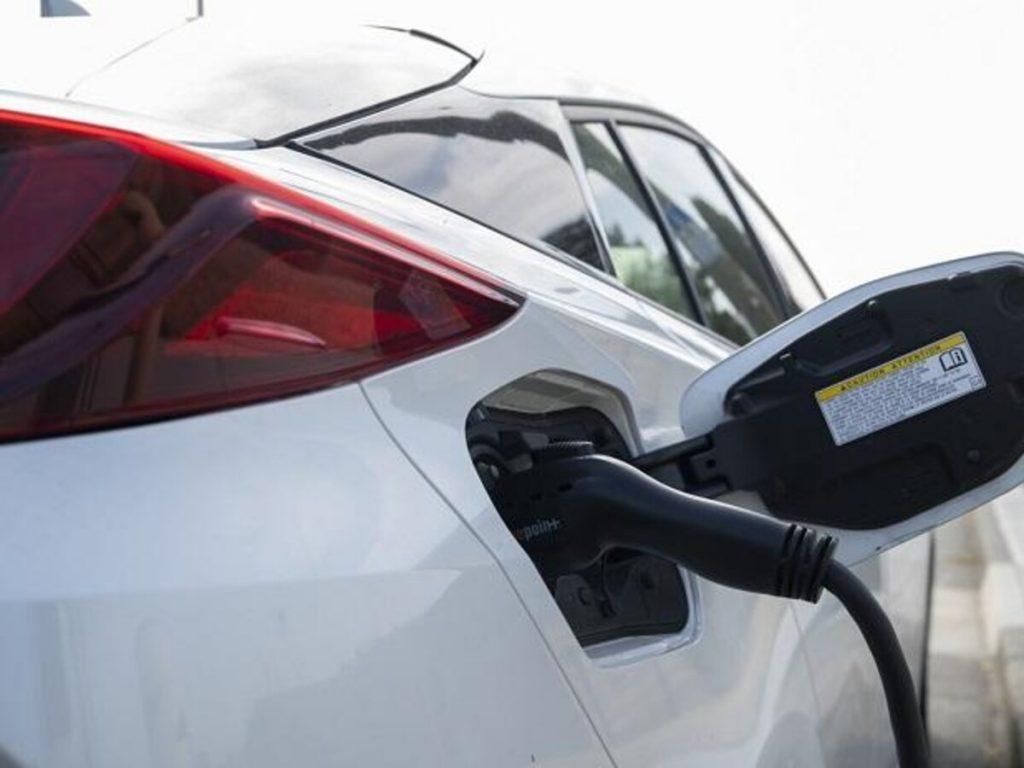
Electric cars are becoming increasingly popular among environmentally-conscious drivers. The environmental benefits of electric vehicles are well-documented, including reduced emissions, improved air quality, and reduced noise pollution. Electric cars are also more efficient than their gasoline-powered counterparts, saving drivers money on fuel costs.
Components
Converting an old car to EV involves replacing the internal combustion engine and transmission with a battery and electric motor. The battery is the most expensive component of an EV conversion. Depending on the size of the car, the battery capacity can range from 10 to 100 kilowatt-hours (kWh). The cost of the battery can vary significantly depending on the battery capacity and the type of battery used. For example, a lithium-ion battery pack can cost anywhere from $3,000 to $10,000.
In addition to the battery, the motor, onboard charger, and other components, such as the controller and wiring harness, must also be purchased. The total cost of the components can range from $5,000 to $15,000, depending on the size and type of car being converted.
Cost Savings
The potential cost savings is one of the most appealing benefits of converting a car to electric power. Electric cars require less maintenance than their gasoline-powered counterparts, meaning fewer mechanic trips and costly repairs. Additionally, electric cars are cheaper to fuel, as electricity is typically much less expensive than gasoline. Driving an electric car can save drivers hundreds of dollars yearly compared to driving a gasoline-powered car.
Improved Performance
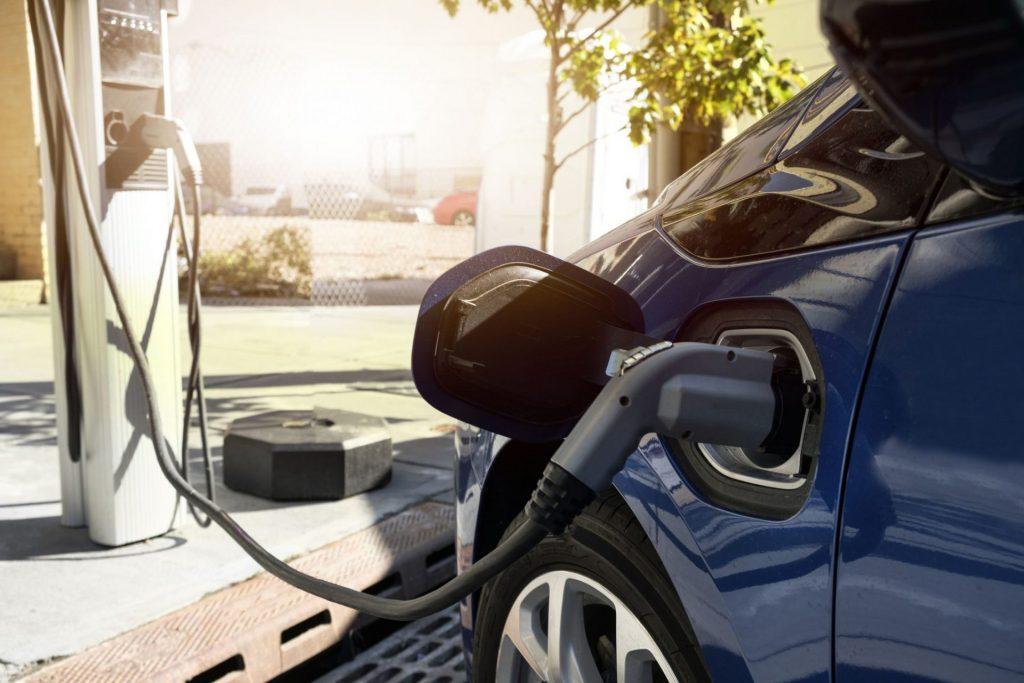
In addition to potential cost savings, converting a car to electric power can improve performance. Electric cars are often more potent than gasoline-powered equivalents, with better acceleration and higher top speeds. Electric motors also feature a much higher torque than gasoline engines, which can generate more power from a smaller engine. This improved performance can help drivers get from point A to point B faster and more efficiently.
Environmental Benefits
The environmental benefits of electric cars are well-documented, and converting a car to electric power can reduce emissions by up to 90%. Electric cars produce no tailpipe emissions, meaning they are significantly cleaner than their gasoline-powered counterparts. This can help reduce air pollution, improve air quality, and reduce the overall impact of vehicle emissions on the environment.
Battery Life
One of the biggest concerns for drivers considering converting their cars to electric power is battery life. Fortunately, electric car batteries can last up to 15 years or more, depending on usage and maintenance. Electric car batteries can be recharged at home with a simple wall plug, making them convenient and easy to use.
Charging Stations
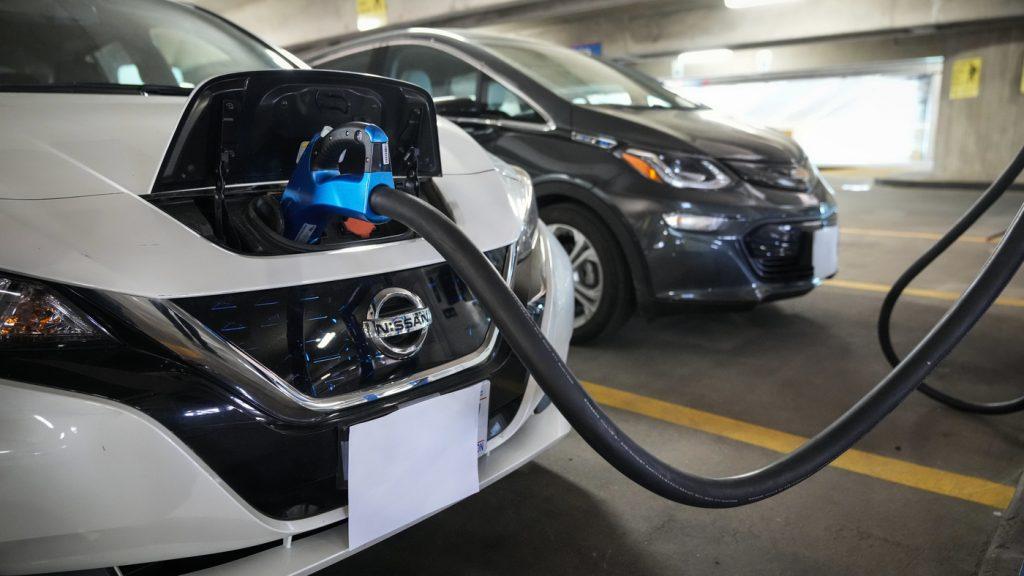
In addition to the convenience of recharging at home, electric cars can be recharged at public charging stations. Public charging stations are becoming increasingly common in cities and towns worldwide, and they can be a great way to top up your battery when you’re out and about. Some public charging stations are free, making them an even more attractive option for drivers.
Government Incentives
In addition to the potential cost savings and environmental benefits of electric cars, many governments offer incentives to encourage drivers to switch to electric power. These incentives can include tax credits, rebates, and other incentives. It’s important to research the incentives available in your area to make sure you’re taking advantage of all the savings you can get.
Safety Features
Electric cars are also safer than gasoline-powered cars, thanks to their robust braking systems and other safety features. Electric cars typically have regenerative braking, which can help reduce the risk of accidents by providing better control over the vehicle. Electric cars are generally quieter than gasoline-powered cars, meaning drivers are more likely to be alert and attentive on the road.
Resale Value
Electric cars are becoming increasingly popular, reflected in their resale value. When you’re ready to sell your car, an electric car can fetch a higher price than a gasoline-powered car, making it a great investment.
In conclusion, converting your car to electric power can provide several benefits, including cost savings, improved performance, and environmental benefits. Electric cars are also safer and more efficient than their gasoline-powered counterparts and can fetch a higher resale value. Government incentives are also available to encourage drivers to switch to electric power. With all these benefits, electric cars are an attractive option for any driver looking to save money and help the environment.
Labor
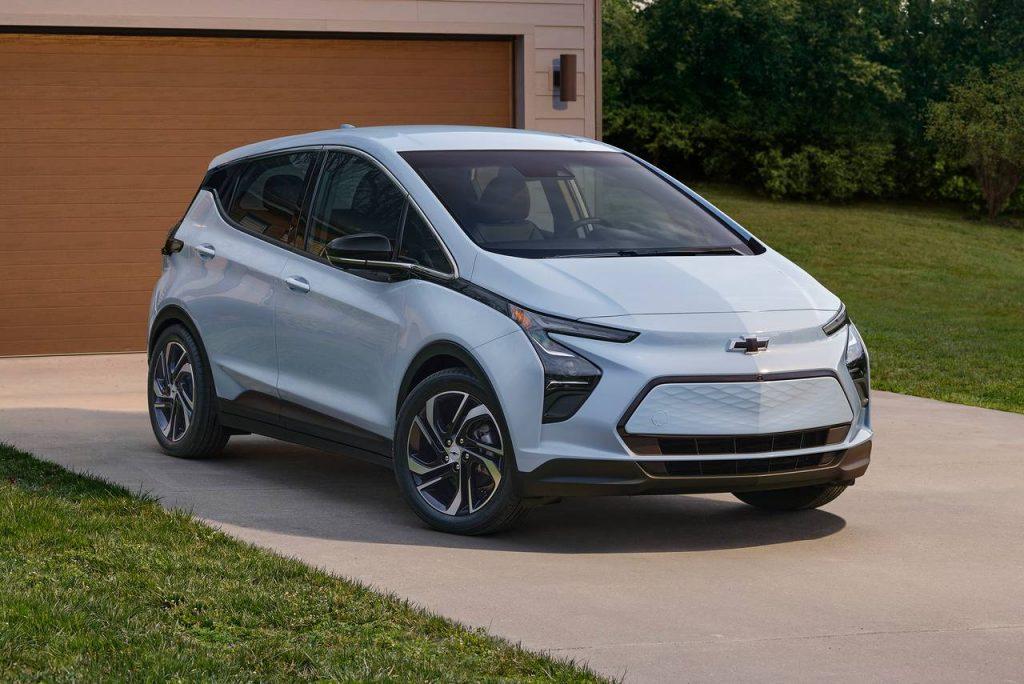
Converting an old car to EV also involves labor costs. The labor cost depends on the conversion's complexity and the technician's work expertise. The labor cost can range from $500 to $5,000, depending on the amount of work required and the technician's skill level.
READ: How Long Can Electric Car Idle With The Heat Turned On
Other Expenses
In addition to the components and labor costs, several other expenses are associated with converting an old car to EV. These expenses include registration fees, sales tax, and insurance costs. The registration fees can vary significantly depending on the state or country where the car is registered.
The sales tax is typically based on the value of the components used in the conversion. Insurance costs will depend on the type of car being converted and the state or country where the car is registered.
How Much Does It Cost to Convert an Old Car to EV? Conclusion
Converting an old car to EV can be an expensive and complex process. The total cost of the conversion will vary depending on the size and type of car being converted, the components used, and the labor costs. Other expenses, such as registration fees, sales tax, and insurance costs, should also be considered. Ultimately, converting an old car to EV can range from several thousand to tens of thousands of dollars.
